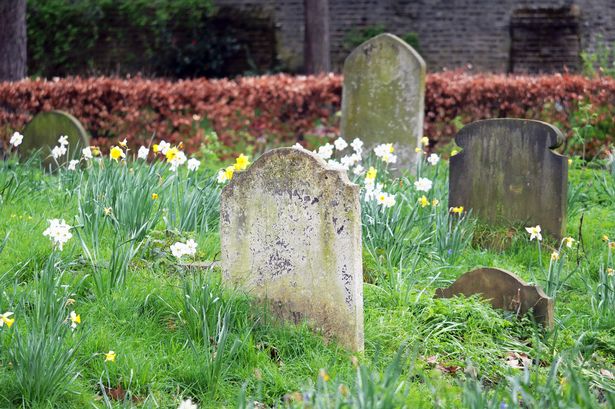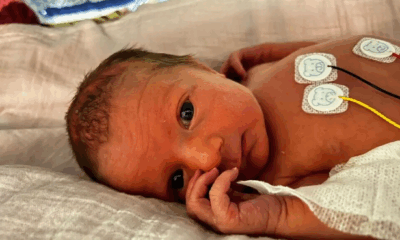Politics
UK Households Face Rising Threat of Gruesome Grave Robbing Trend

Households across the UK have been warned about a disturbing increase in “grave robbing” as a new trend gains traction, driven largely by social media. The growing trade in human remains, which includes skulls, bones, and skin products, has raised serious ethical concerns, particularly regarding a potential legal loophole that could enable further body snatching. According to an article in The Guardian, the situation has prompted calls for urgent action from leading experts in the field.
Dame Sue Black, a prominent forensic scientist and president of St John’s College, Oxford, has voiced her alarm over this trend. “You’ve got people who are breaking into mausolea and taking remains away to sell them for people who think this is gothic, quaint, or supernatural,” Black stated. She emphasized the necessity for stricter regulations, arguing, “If you can make the sale of a bird’s nest illegal, surely to goodness you can make the sale of a human body illegal.” Black strongly condemned the practice of crafting jewelry from human remains, asserting, “Having a necklace made out of somebody’s teeth isn’t acceptable to people. It’s gruesome. It’s why we say ‘Rest in peace.’ You don’t expect your body to be dug up and sold.”
The issue has garnered attention from various quarters, including Paul Boateng, a former Labour minister, who commented on the moral implications of this trade. “The continual trade in human beings even after death, and their continued objectification even after death, is deeply repugnant and a source of shame to our country,” Boateng remarked.
The Department for Culture, Media and Sport has also responded to the situation, emphasizing that all human remains should be treated with respect and dignity. A spokesperson for the department stated, “We expect auction houses to scrutinize their activities and for anyone trading in human remains to consider carefully the ethical implications of this activity, which many understandably find deeply disturbing.” The department described the theft of any remains as “an act of repugnant desecration,” and expressed an expectation that police would act decisively against such crimes.
In response to the rising concerns, a representative for the Human Tissue Authority stressed the importance of adhering to the principles of “consent, dignity, quality, and honesty and openness” for any activities involving human tissue within its regulatory scope. The authority’s position underscores the critical need for ethical standards in handling human remains.
As this troubling trend continues to evolve, the call for a comprehensive legal response grows louder. Experts and officials alike are advocating for action to prevent further desecration of graves and to uphold the dignity of those who have passed. The sentiment is clear: the trade in human remains is not just a legal issue but a profound moral concern that resonates deeply within society.
-

 World2 weeks ago
World2 weeks agoCoronation Street’s Shocking Murder Twist Reveals Family Secrets
-

 Entertainment1 week ago
Entertainment1 week agoAndrew Pierce Confirms Departure from ITV’s Good Morning Britain
-

 Entertainment5 months ago
Entertainment5 months agoKate Garraway Sells £2 Million Home Amid Financial Struggles
-

 Entertainment4 months ago
Entertainment4 months agoAnn Ming Reflects on ITV’s ‘I Fought the Law’ Drama
-

 Entertainment1 month ago
Entertainment1 month agoCoronation Street Fans React as Todd Faces Heartbreaking Choice
-

 Health4 months ago
Health4 months agoKatie Price Faces New Health Concerns After Cancer Symptoms Resurface
-

 World1 month ago
World1 month agoBailey Announces Heartbreaking Split from Rebecca After Reunion
-

 Entertainment2 weeks ago
Entertainment2 weeks agoTwo Stars Evicted from I’m A Celebrity Just Days Before Finale
-

 Entertainment4 months ago
Entertainment4 months agoCoronation Street’s Carl Webster Faces Trouble with New Affairs
-

 World2 weeks ago
World2 weeks agoKevin Sinfield Exceeds Fundraising Goal Ahead of Final Marathons
-

 Entertainment4 months ago
Entertainment4 months agoWhere is Tinder Swindler Simon Leviev? Latest Updates Revealed
-

 Entertainment5 months ago
Entertainment5 months agoMarkiplier Addresses AI Controversy During Livestream Response





















